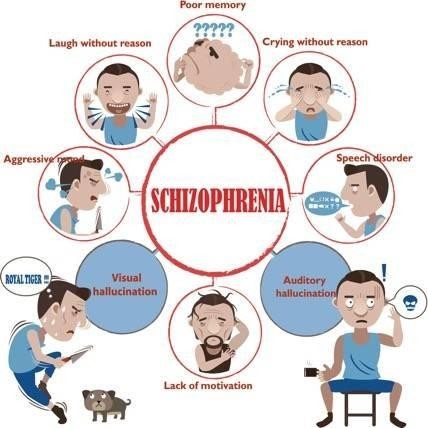A client is admitted to the hospital for alcohol intoxication. The family reports that he is a heavy drinker and has been admitted several times for alcohol detoxification. When can the nurse expect to observe the first symptoms of withdrawal?
Within 24 hours
Within 8 hours
Within 18 hours
Within 72 hours
The Correct Answer is B
A. 24 hours is a long time for alcohol withdrawal symptoms to occur.
B. Alcohol withdrawal symptoms typically begin within 6 to 8 hours after the last drink for
individuals with a history of heavy alcohol use. These symptoms can range from mild anxiety and tremors to more severe symptoms like seizures and delirium tremens. It's crucial for
healthcare providers to monitor and manage alcohol withdrawal symptoms, as they can be life- threatening in severe cases.
C. Alcohol withdrawal symptoms occur within 6 to 8 hours, not 18 hours.
D. Alcohol withdrawal symptoms occur within 6 to 8 hours, not 72 hours.
Nursing Test Bank
Naxlex Comprehensive Predictor Exams
Related Questions
Correct Answer is D
Explanation
A) Incorrect. Delusions of reference involve a belief that everyday events, objects, or other people have a particular and unusual significance. This is not described in the scenario.
B) Incorrect. Tangentiality is a thought disorder where the individual goes off on tangents and never returns to the original point or idea. This is not described in the scenario.
C) Incorrect. Neologism refers to the creation of new words or phrases that have meaning only to the person using them. This is not described in the scenario.
D) Correct. Loose associations are characterized by a disruption in the logical progression of thought, where thoughts become disorganized and may seem unrelated or loosely connected.

Correct Answer is {"dropdown-group-1":"A"}
Explanation
A. Neologisms are new words or expressions created by the individual, often with personal meaning only they understand. "Frobitz" is an example of a neologism.
B. Loose associations involve a lack of logical connection between thoughts and ideas, leading to disjointed or incoherent speech.
C. Delusional thinking involves holding false beliefs that are resistant to reason or contradictory to evidence.
D. Circumstantial speech involves excessive and unnecessary detail before getting to the point of a conversation.
Whether you are a student looking to ace your exams or a practicing nurse seeking to enhance your expertise , our nursing education contents will empower you with the confidence and competence to make a difference in the lives of patients and become a respected leader in the healthcare field.
Visit Naxlex, invest in your future and unlock endless possibilities with our unparalleled nursing education contents today
Report Wrong Answer on the Current Question
Do you disagree with the answer? If yes, what is your expected answer? Explain.
Kindly be descriptive with the issue you are facing.
